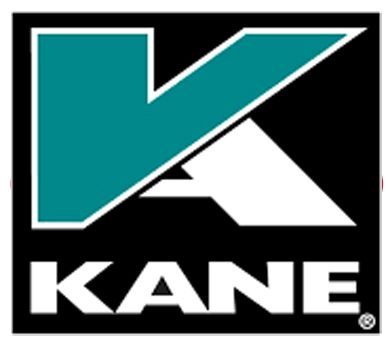Keep your home warm this winter
Vic Knight • 19 November 2019
From wrapping cold pipes to checking those radiators, keep your home warm this winter with Gas Training & Assessment's top tips.

aby it’s cold outside! It may be a festive song title but at the moment, it’s all too true! We’re only in November so with plenty more months of cold weather, it is important that you keep your home warm this winter.
For some, this is easier said than done – older homes can be draughty and heat can easily escape through inefficient doors and windows. But there are lots of very easy things you can do to ensure your house remains cosy no matter what the weather.
Here are our top tips to keep your home warm this winter:
1. Start at the top:
Heat rises, so ask yourself – is your loft well insulated? The right amount of insulation can keep heat just where you want it – in your home.
2. Look after your boiler:
During the winter, it is advisable to keep your boiler on and your home heated, even when you’re away. All it takes is one hour per day to ensure that nothing gets too cold. Simply use your timer and you can leave safe in the knowledge that everything is ticking over.
3. Check your boiler pressure:
Over the winter months, it is essential that you check your boiler pressure. You will want it to be around one bar – simply find your pressure gauge, which is usually underneath or on front of your boiler. It’s not difficult to add or release pressure if needs be but if you are unsure, we recommend contacting a Gas Safe engineer to help.
4. Bleed your radiators:
No, it’s not the nicest job in the world but it’s really very easy, doesn’t take long to do and will help keep your home warm this winter. Firstly check your radiators – are they cold at the top and hot at the bottom? If so, bleeding will make a big difference. Get your bleed key, grab a cloth and jug, and turn off your heating. Place the jug or a rag underneath the radiator. Turn the top bleed valve anti-clockwise until you hear a hiss. Any drips should be caught by the jug/rag. Once water begins to flow, tighten the bleed valve up again. That’s it!
5. Wrap those pipes:
Cold pipes can easily freeze in sub-zero temperatures, which can lead to blockages and burst pipes. Determine where any potential problem areas may be (where pipes may run outside or in cold parts of the home such as your garage). You can buy lagging online for just a few pounds – simply cut it to length and wrap it nice and tightly around the pipes. Don’t worry too much about the bends – concentrate on the straight parts of pipework. If you find your pipes are already frozen, apply heat with either a hair dryer or hot water bottle to melt any blockages.
6. Make sure you know where your stock valve is:
It’s important to be aware of where your stop valve is so that you can shut off the mains water quickly. This is because if water freezes in your home’s pipes, pressure can build and cause the pipes to burst.
7. Get rid of those draughts:
Want to keep your home warm this winter? Draughts can make your house feel chilly no matter how hard your boiler works. Check for draughts around your doors (gaps underneath and around the letterbox) and windows. Buy some draught excluders and window and door seals and you will notice a big difference immediately.
As you can see, it really doesn’t take a lot of time, effort or expense to keep your home warm this winter. Just a couple of hours and a few pounds can ensure that you reduce draughts and seal the heat in.
We hope you enjoyed our article ‘Keep your home warm this winter’. Please do not hesitate to contact Gas Training & Assessment if you would like to find out more about our training courses.

David Lambert - Author
If you have a question about this or any of our blogs, or training courses then please do not hesitate to get in touch.
We will always try and answer your question quickly and professionally.






















